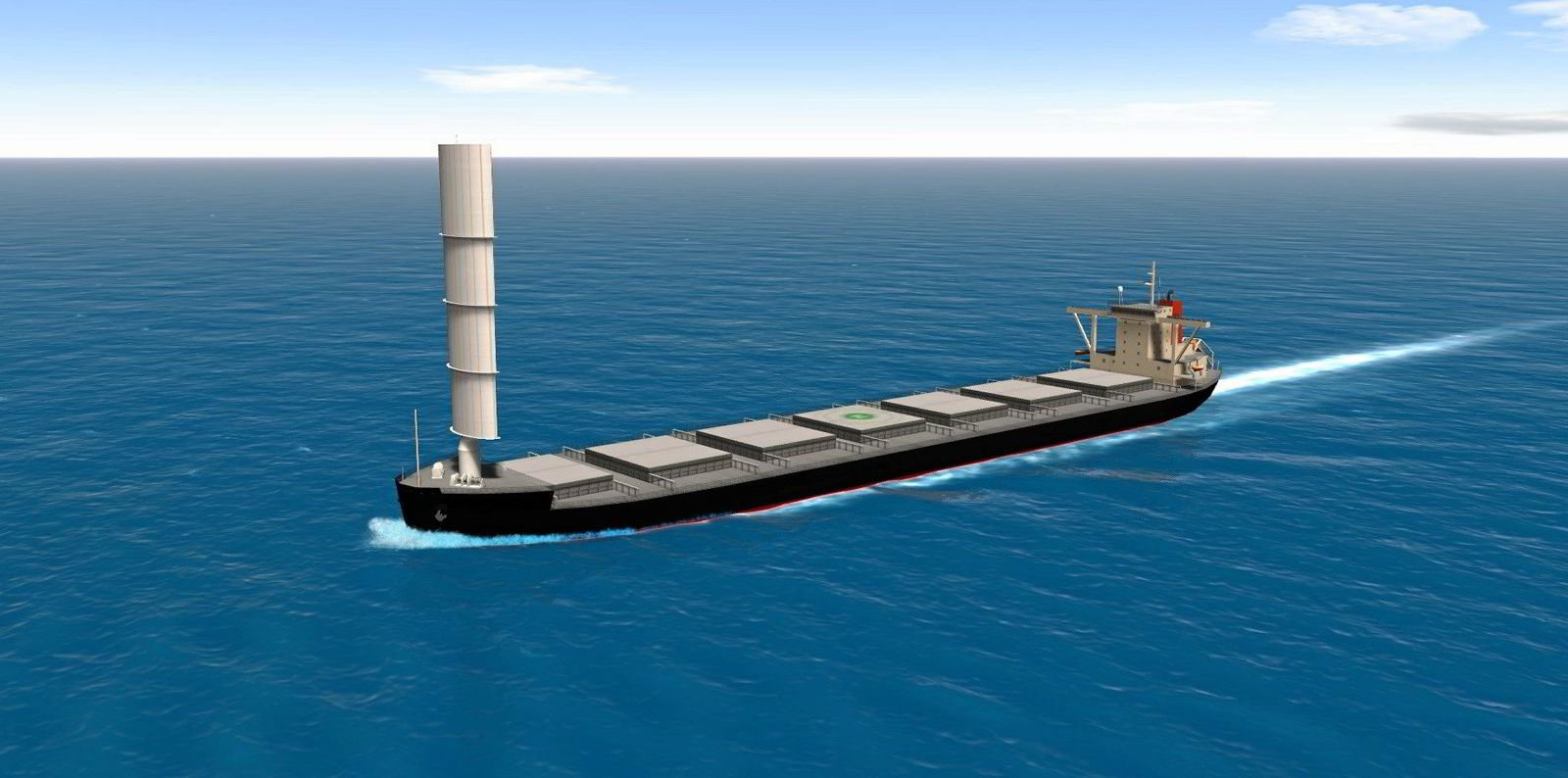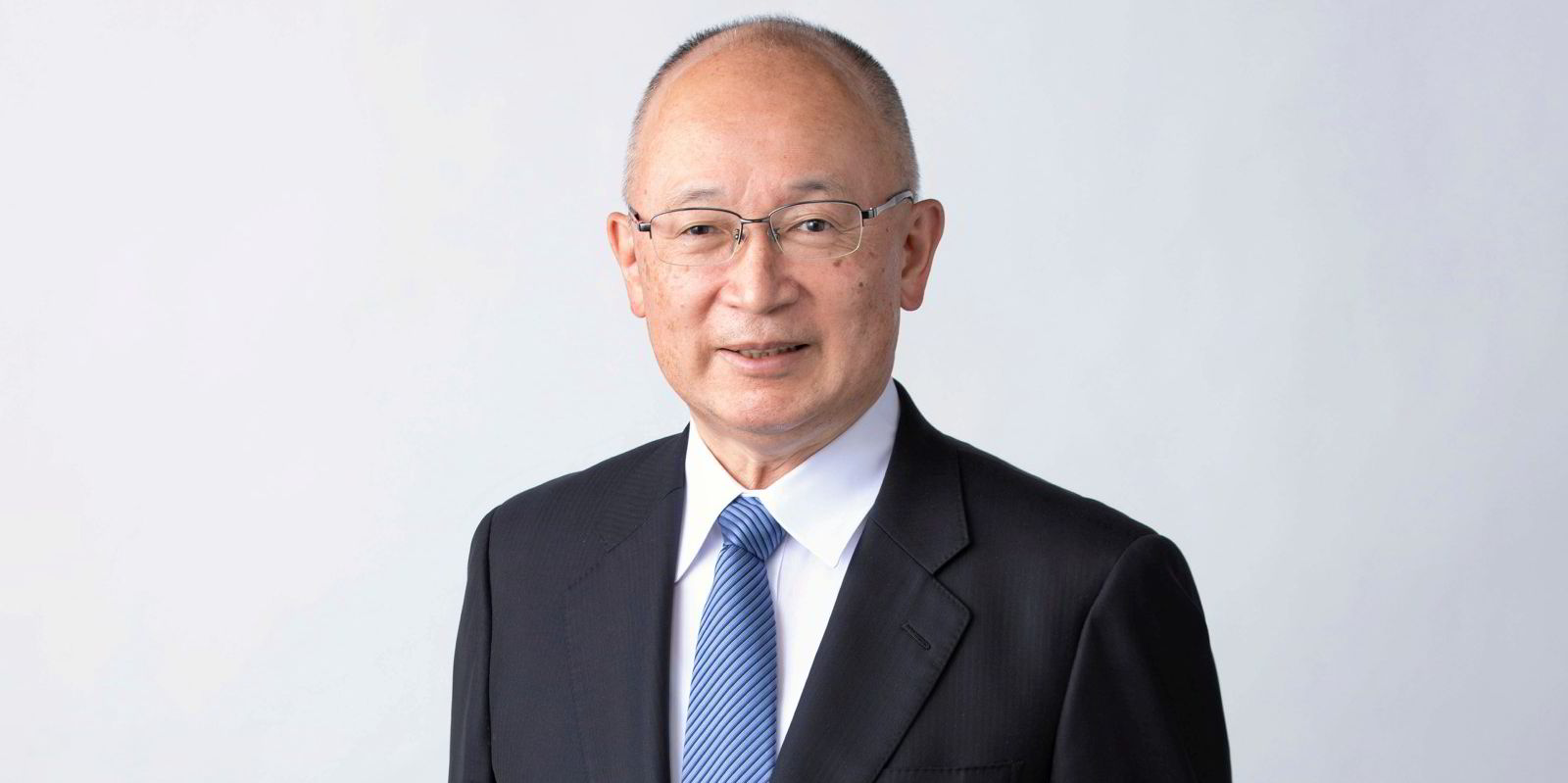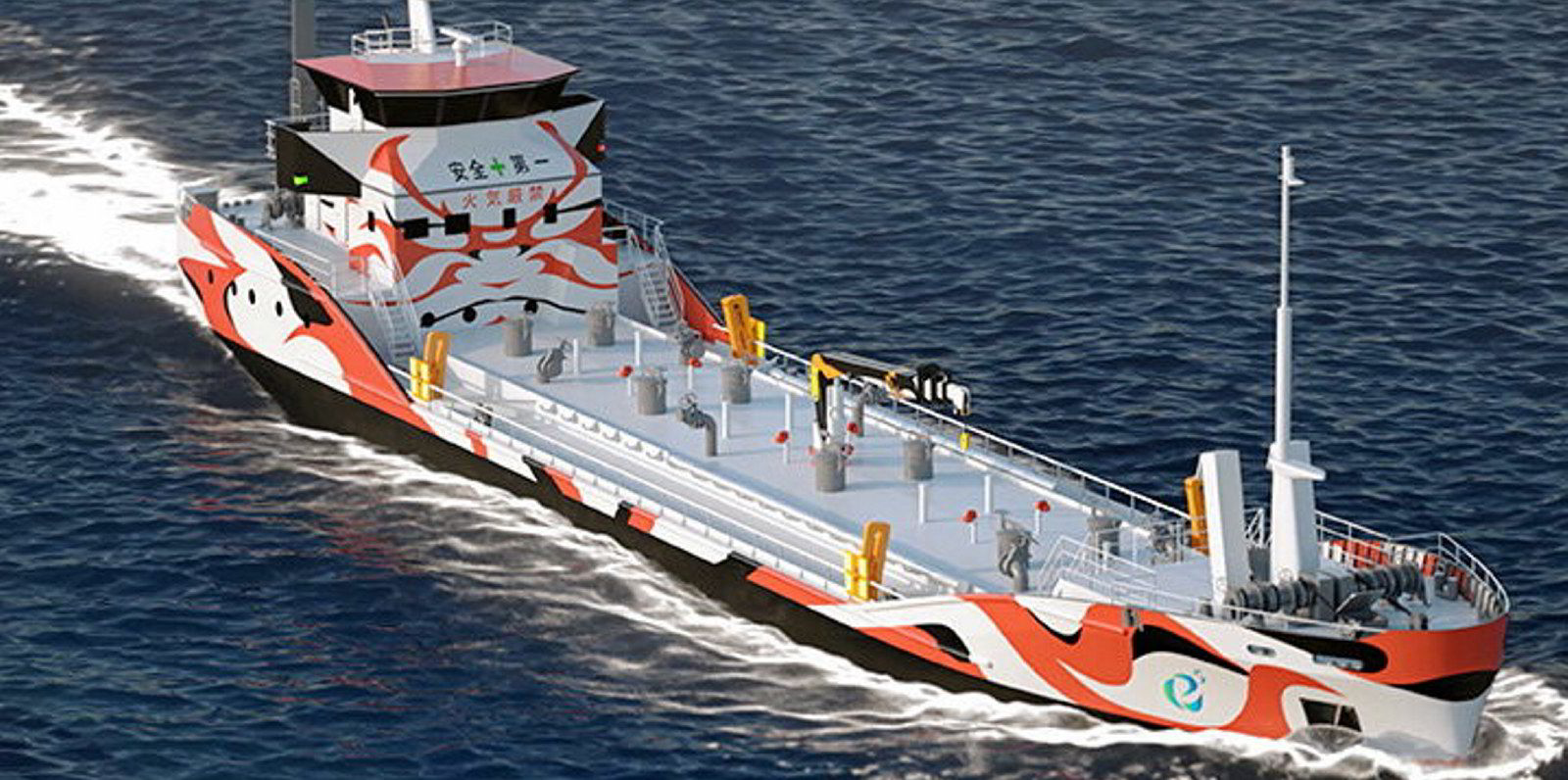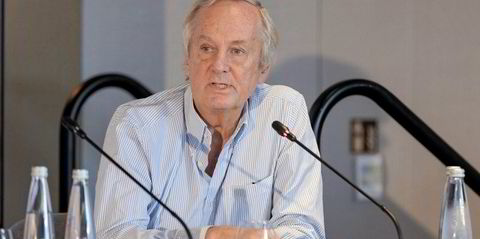Japanese shipowner Mitsui OSK Lines is joining forces with Indian giant Tata Steel to develop a more environmentally friendly bulker.
The two sides will explore emissions-reduction technologies as they seek to cut carbon output.
MOL told TradeWinds that it will consider both a fresh newbuilding design and the adaptation of an existing ship.
Peeyush Gupta, vice president of supply chain at Tata Steel, said the objective is to cut emissions in the transport of raw materials used in steel production.
"In the initial stage, the partnership will explore the environmental benefits and commercial and operational feasibilities of various technologies," Gupta said.
These include the Wind Challenger, a hard sail that will harness wind energy.
MOL has been jointly studying the technology with cross-industrial partners and the first vessel to be equipped with the system is slated to start operation in 2022.
The coal carrier is being built at Oshima Shipbuilding in Japan and will supply Tohoku Electric Power Co.
Vision being realised?

Toshiaki Tanaka, MOL's senior managing executive officer and chief environment and sustainability officer, said the move was part of its Environmental Vision 2.1 programme.
This aims to achieve net-zero emissions by 2050.
Tanaka said the group will pursue the adoption of clean alternative fuels and the enhancement of energy-saving technologies.
"There would be a long, long pathway to achieve the Vision 2.1, and we believe that working collaboratively with a good partner is important," he said.
Every little helps
"The partnership with Tata Steel, a leading global steel company, encourages MOL to challenge goals for the Vision 2.1," Tanaka said. "We are very much happy to have this opportunity."
MOL has said the sail technology has the potential to achieve a 5% to 8% reduction in greenhouse gas emissions by cutting fuel use.
Earlier in August, the Japanese group said it is looking to other shipowners to help it foot its ¥1.6trn ($14.5bn) decarbonisation bill.
The Japanese shipping giant expects to make that investment on 90 LNG-fuelled and 110 next-generation fuel-powered vessels by 2030 as part of its move to net-zero carbon emissions.
"As MOL cannot achieve this target by ourselves, we will need to charter in vessels from shipowners who share a similar view of this environmental vision," chief executive Takeshi Hashimoto told TradeWinds.
"We feel that relationship and partnership with shipowners who can share the view will be the key going forward."





